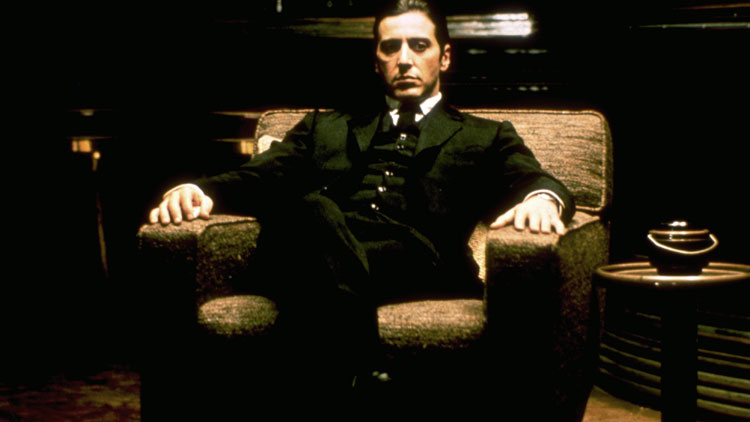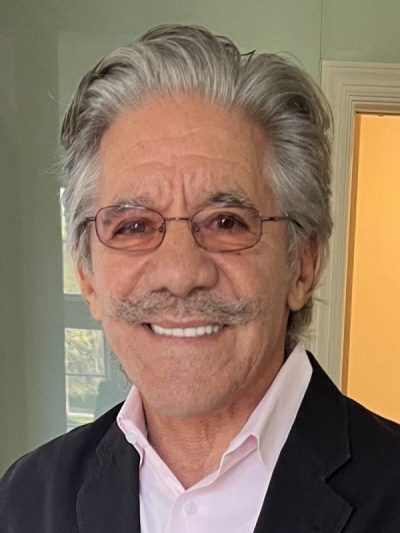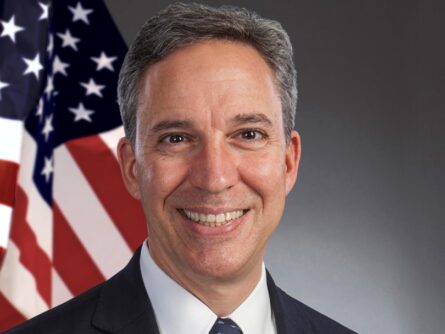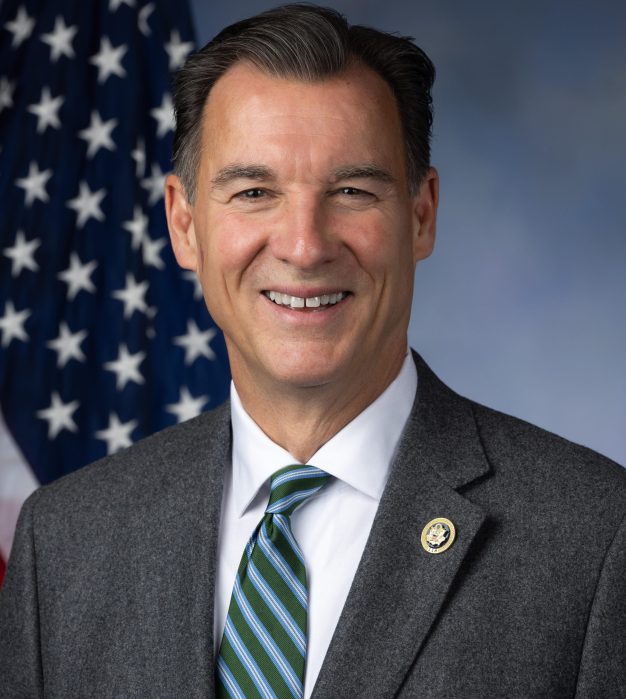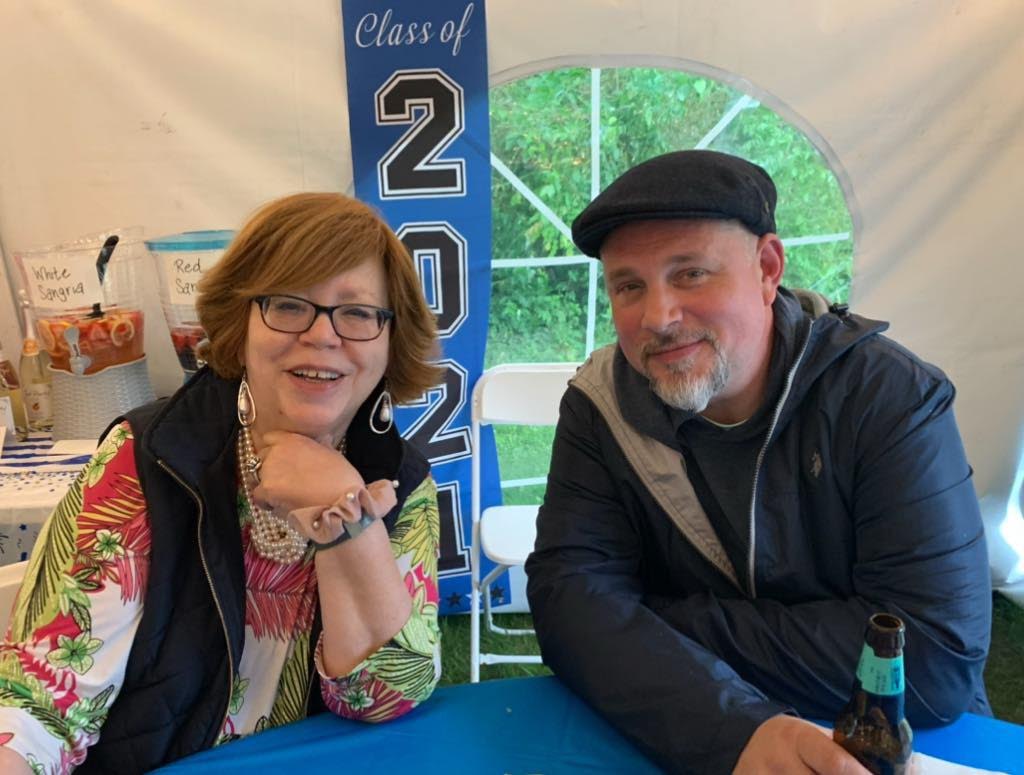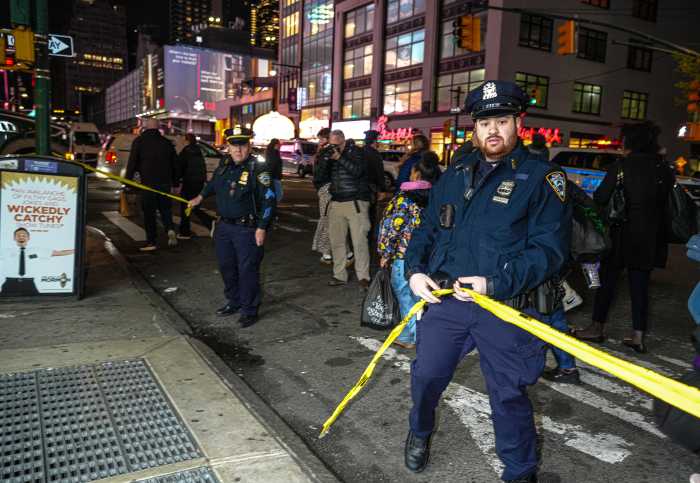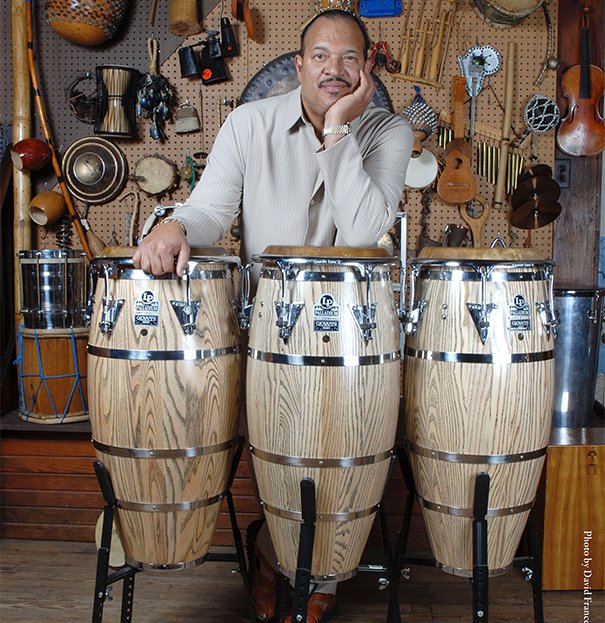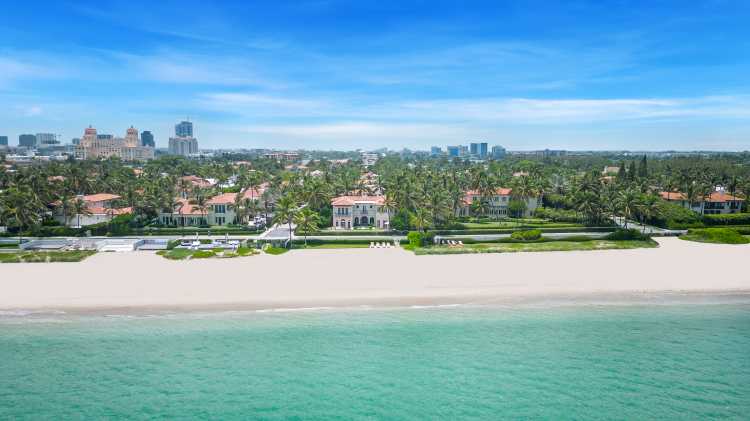Television legend has it that the genesis of Breaking Bad’s Walter White was the idea of a character beginning as Mr. Chips eventually developing into Tony Montana of Scarface infamy. Yet, another Al Pacino character springs to mind when I consider the journey from harmless citizen to full-on bad guy: Michael Corleone. In fact, I might suggest here and now that without the Godfather, there would be no Breaking Bad.
Consider the premise of the film: good guy born into a “bad” family who takes on the role of bad guy only as a last resort born out of familial obligation. Yet once in that role, he finds his true calling, rising past necessity to embody true evil. Michael Corleone truly broke bad.
Family is a theme that runs throughout all five seasons of Breaking Bad. We meet Walter White as a desperate, harmless nobody who resorts to cooking meth as a means to take care of his family after a dire cancer diagnosis. Eventually, his meth empire is fueled not by a desire to protect and care for his family, but a way to satisfy a lust for power and wealth.
The audience first meets the youngest Corleone brother at his sister’s wedding, a war hero returned home. The legitimate, prodigal son. His brother Sonny, played by a dashing and lethal James Caan, was the heir apparent to the family business, understanding at its root the grit and violence it would take to run an empire such as the Corleone family.
Remember the scene where Sonny emasculates Michael?
“What are you gonna do?” he says, before kissing his younger brother on the head. “Nice college boy, didn’t want to get mixed up in the family business. Now you want to gun down a police captain. Why? Because he slapped you in the face a little? What do you think this is like the Army where you can shoot ’em from a mile away? No you gotta get up like this and, badda-bing, you blow their brains all over your nice Ivy League suit.”
This scene is the jumping off point for Michael, who does indeed get “mixed up in the family business.” It’s parallel in Breaking Bad comes when Walter White’s DEA brother-in-law Hank Schrader uses his swagger and bravado to demean Walter in front of his family. Walter’s early fumbling with Hank’s gun is the picture of irony, as is the invitation to come for a ride along to a meth den to shake up Walter’s boring life. That ride started it all, leading to the eventual death of Hank. Family business indeed.

Family plays a big role in the Godfather: the obligation, the devotion, and the loyalty. In Breaking Bad, Walter uses family to justify the ever-mounting greed and accompanying violence. “We are a family,” he growls in the gut-wrenching Ozymandius episode, as his sixteen-year-old son holds him at bay with a kitchen knife. Michael played the family card often, famously warning older brother Fredo to “never take sides against the Family.”
Each protagonist (or antagonist, for argument’s sake) saw the dissolving of his marriage in his quest for power. Both lie to their wives (Kay and Skyler respectively). Both urge his wife, “Don’t ask me about my business,” but cannot keep the wool effectively over the eyes of their wives.
In a telling scene in Breaking Bad, Walter asks Skyler, “Who are you talking to right now? Who is it you think you see? Do you know how much I make a year? I mean, even if I told you, you wouldn’t believe it. Do you know what would happen if I suddenly decided to stop going into work? A business big enough that it could be listed on the NASDAQ goes belly up. Disappears! It ceases to exist without me. No, you clearly don’t know who you’re talking to, so let me clue you in. I am not in danger, Skyler. I am the danger. A guy opens his door and gets shot and you think that of me? No. I am the one who knocks!”
Skyler, however, becomes compliant, perhaps after learning from Kay what eventuality befalls the woman who goes up against the incarnation of the Godfather: Kay became shunned and deprived of her children. Walter, in an ode to Michael Corleone, flirted with the idea of taking their daughter from Skyler, but in a rare bout of conscience, returned her to her rightful parent.
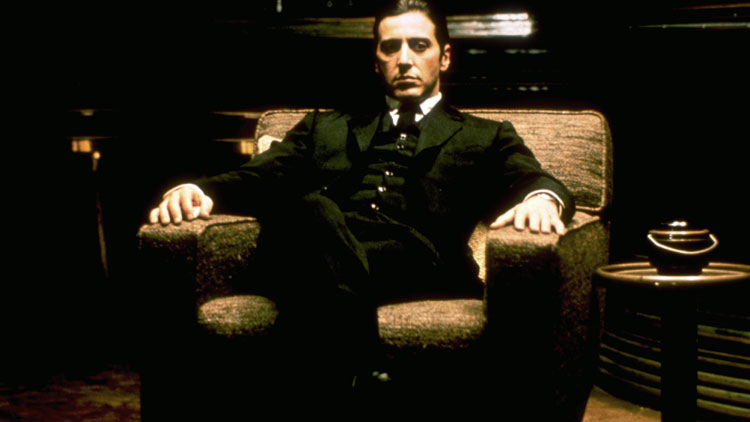
The most telling comparison between both archetypal characters is the bloodshed at their hands. Their first kills were born of necessity. For Michael, it was the shooting death of police captain McClusky and Solozzo, the Turkish kingpin whose next order of business was to kill Don Corleone.
Walter’s first kill was Krazy-8, the drug dealer he kept locked in his basement. It was a kill or be killed situation and with days of hesitation and much hand-wringing, Walter pulled it off.
Cut to the bloodbath known as the day Michael Corleone took care of all family business. “Barzini is dead. So is Phillip Tattaglia. Moe Greene. Stracci. Cuneo. Today I settled all family business so don’t tell me that you’re innocent. Admit what you did,” he says to his brother-in-law Carlo, before killing him as well.
Walter’s ordered massacre came at an assortment of different prisons, coinciding at the same time; witnesses killed in screen after screen, in homage to Francis Ford Coppola. It was the day he took care of his predecessor’s business, and cleared the way into his own.
The Michael at the end of the first Godfather film saw him embody his father, something he swore (“That’s my family, Kay. That isn’t me”) would never happen. He oversaw ruthless murder, drug dealings, and nefarious criminal activities. He became something far removed from his innocent beginnings. His moral center shifted, and then left the building.
Michael Corleone broke bad, paving the way for Walter White. As Hyman Roth said, “This is the business we’ve chosen.”
“Breaking Bad: Cornered (#4.6)” (2011)
Walter H. White: What are you offering me?
Saul Goodman: What did Tom Hagen do for Vito Corleone?
Walter H. White: I’m no Vito Corleone.
Saul Goodman: No Shit! Right now you’re Fredo!




